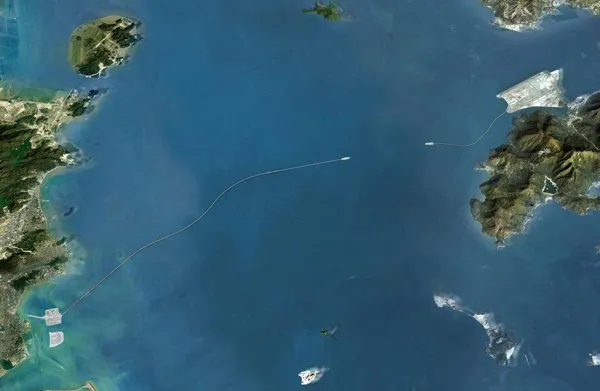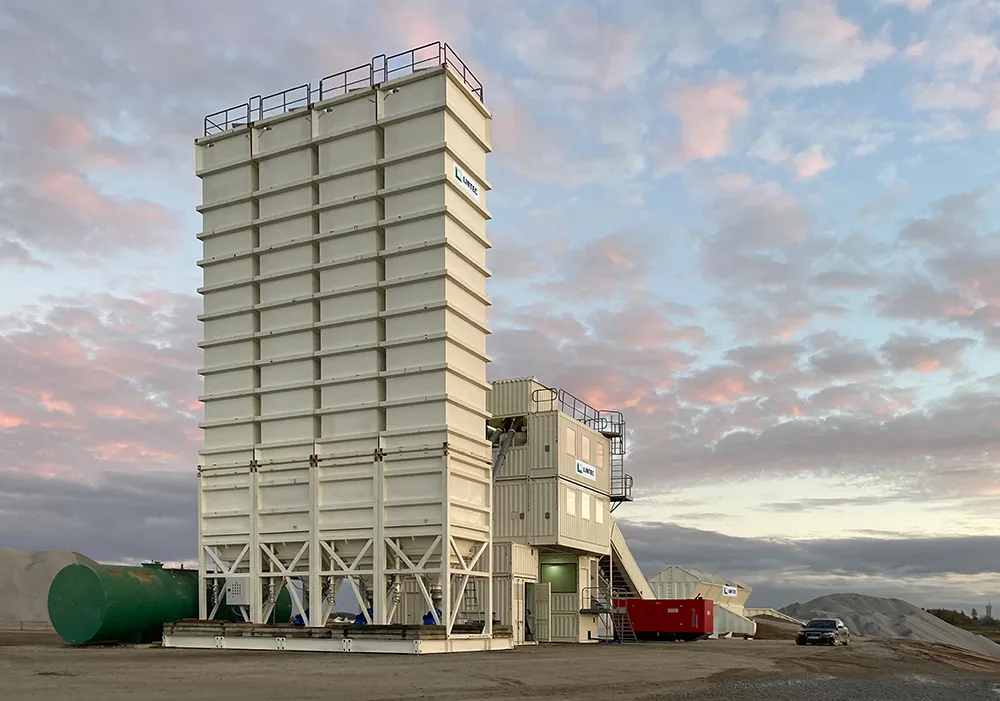Talks between the Chinese Development Bank and the Serbian Government could result in €400-€450 million of Chinese funding for Serbian highway projects. The Danube coast and the Corridor 11 projects are among those earmarked for a potential cash boost. Serbia’s Ministry for Transport (MOT) is also in talks with Chinese partners about other highway builds including100km of the Belgrade-Cacak, Belgrade-Obrenovac, Preljina-Ljig and Lajkovac-Ljig routes, as well as the 100km Pojate-Preljina project. China Road
November 28, 2012
Read time: 2 mins
Talks between the Chinese Development Bank and the Serbian Government could result in €400-€450 million of Chinese funding for Serbian highway projects. The Danube coast and the Corridor 11 projects are among those earmarked for a potential cash boost.
Serbia’s Ministry for Transport (MOT) is also in talks with Chinese partners about other highway builds including100km of the Belgrade-Cacak, Belgrade-Obrenovac, Preljina-Ljig and Lajkovac-Ljig routes, as well as the 100km Pojate-Preljina project.Extensive research into the cost of highway construction in the country has been conducted by Serbia’s MOT, revealing huge variations depending on topography and geology. The Serbia MOT has reported that the cost of construction of highways in Vojvodina county ranges from €1.5-€2.5 million/km, while in Grdelicka Klisura costs range between €10 million and €15 million/km. Meanwhile, in the mountainous terrain between Ljig and Cacak highway construction costs around €7.5 million/km. However, the straight highway section from Obrenovac-Ljig is also costing around €7.5 million/km. Serbian contractors are building the 12km stretch of highway from Ub-Lajkovac for around €5.8 million/km.
Meanwhile Serbia's national state owned highway company,
In a further development, Serbian roads company Putevi Srbije claims that 112km of roads have been built in Serbia since 2000 - equivalent to just 9.3km/year. Putevi Srbije's data shows that the country has a total of 610km of highways, 50% less than Croatia. The authorities have promised construction of modern highways from Horgos towards the Bulgarian and Macedonian borders, and a highway towards the South Adriatic. They have been criticised for insufficient organisation of road construction.








